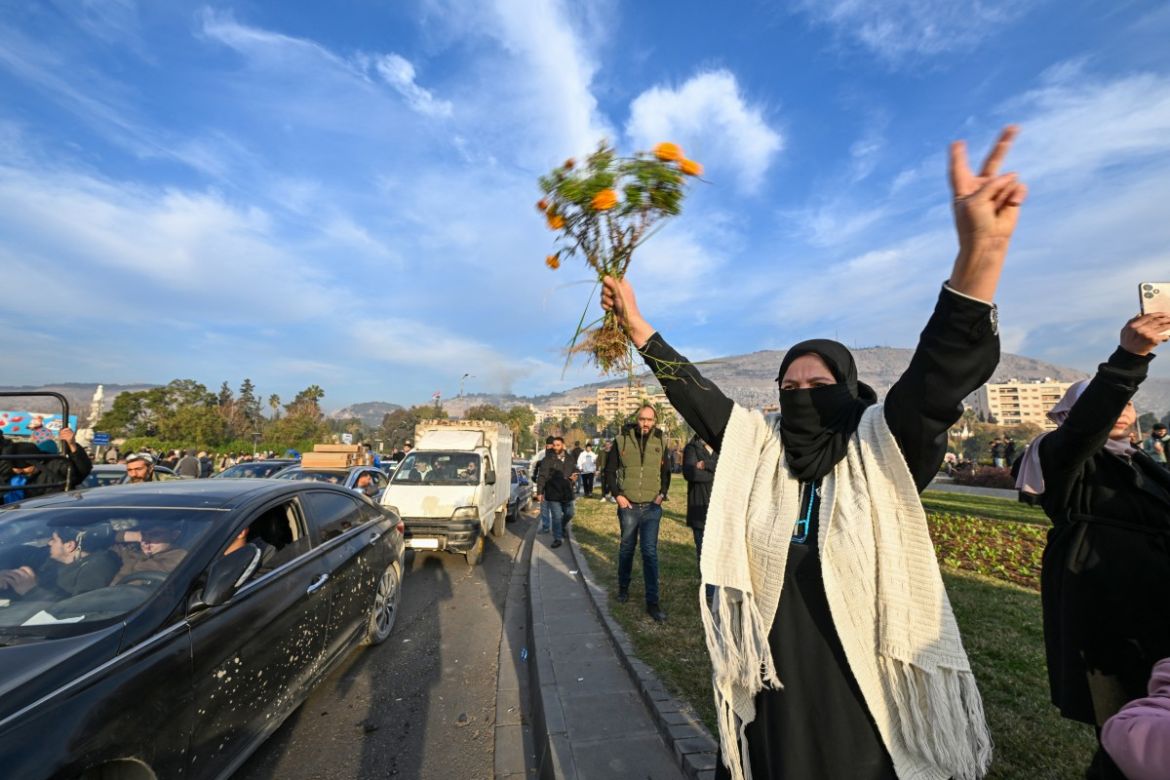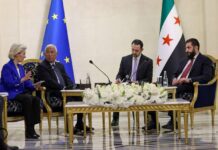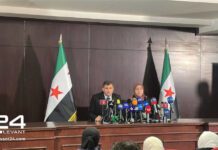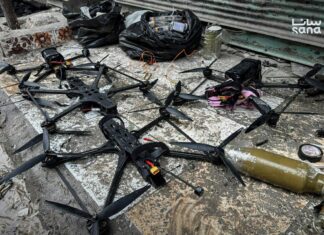
The fall of Bashar al-Assad’s dictatorship on Sunday marks the end of 54 years of Assad family rule and the beginning of a new chapter of healing and reconstruction for the war-torn nation. The revolution’s triumphant entry into Damascus and other key cities, along with the flight of Assad to Moscow, has drawn mixed reactions from regional and global actors, shaping expectations for Syria’s future.
Saudi Arabia welcomed the developments, expressing satisfaction with the steps to ensure the safety of the Syrian people and preserve state institutions. Qatar reiterated its call for dialogue under UN Security Council Resolution 2254, emphasizing the importance of unity and sovereignty to prevent chaos.
Jordan pledged full support for rebuilding Syria while facilitating the return of displaced Syrians, with Foreign Minister Ayman Safadi emphasizing national unity. Egypt similarly urged all parties to prioritize Syria’s stability and institutions.
The Islamic Emirate of Afghanistan (IEA) congratulated the Syrian revolution’s leadership, calling for a united Islamic system, amnesty, and constructive global engagement. Spokesperson Zabiullah Mujahid framed the fall of Damascus as a victory for all Muslims.
Turkey emphasized its commitment to Syria’s unity and state institutions while warning against groups like ISIS and the PKK exploiting the vacuum.
The United States cautiously welcomed the developments, with President Joe Biden calling it “an essential act of justice” but warning of risks tied to some revolution groups records on human rights. Washington is prioritizing the security of Syria’s chemical weapons and assessing interactions with revolution leaders, including Hayat Tahrir al-Sham (HTS).
European nations expressed relief at the regime’s collapse. Germany and France described the transition as an opportunity for reconciliation and rebuilding but warned against the rise of extremist factions. European Commission President Ursula von der Leyen affirmed the EU’s readiness to support reconstruction while protecting minorities. Italy and China have closely monitored the situation, emphasizing stability and safeguarding their nationals in Syria.
The United Nations called for “an inclusive dialogue among all Syrian factions” to ensure a smooth transition. Special Envoy Geir Pedersen emphasized respecting international humanitarian law and achieving a stable future. The UN Security Council is set to hold an emergency closed-door session, reportedly requested by Russia, to address the unfolding situation.
The revolution’s Command of Military Operations (CMO), led by Ahmed al-Sharaa, also known as Abu Muhammad al-Jolani, declared the beginning of a “new era for Syria.” The CMO urged factions to protect public property and maintain order, emphasizing a peaceful transition and the continuation of state institutions.
Al-Sharaa has emerged as a key figure in post-conflict Syria, delivering a speech at Damascus’s Umayyad Mosque, advocating for a diverse government, national reconciliation, and avoiding looting or revenge. However, his group’s history has sparked international scrutiny, with US officials debating potential re-evaluations of HTS’s terrorist designation.
The Wall Street Journal described Assad’s fall as a defeat for Russia and Iran, disrupting their influence and arms routes. The editorial emphasized opportunities for Syria’s transition and highlighted challenges in managing “extremist factions.”
Analysts have pointed to challenges facing revolution groups including HTS’s efforts to distance itself from its past. US intelligence is reportedly assessing HTS’s sincerity, with some officials suggesting a shift in its approach.
Dr. Zaidoun Al-Zoubi, a governance expert, stressed the importance of maintaining state institutions and forming transitional councils to ensure stability. He highlighted decentralization and civil society’s role in promoting peace and meeting humanitarian needs.
As Syrians celebrate the end of decades of Assad family rule, the country faces the daunting task of reconstruction and reconciliation. International actors remain deeply engaged, with the balance of power in the region shifting as alliances and priorities evolve. The coming months will test whether Syria can transition peacefully or face renewed challenges and instability.








